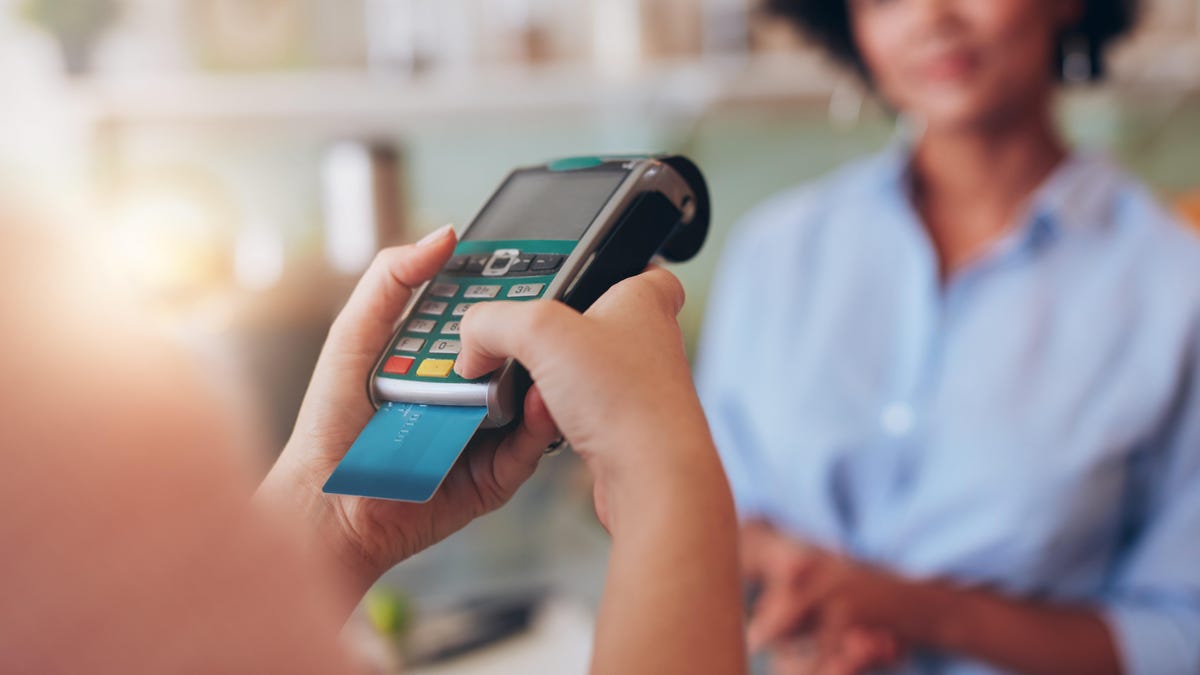Five Things All First-Time Credit Card Holders Should Know

Use your credit card the right way and you can build a credit history that will save you thousands of dollars throughout your life. On the other hand, misusing your credit card is a treacherous, slippery slope to debt and credit insolvency.
Maybe you were raised with a fear of credit cards that you need to learn to deal with, or maybe you’re trying to pass on healthy lending habits to your new credit card kids . Whatever your circumstances, here’s what all first-time credit card holders should know about their plastic, as well as a few things longtime cardholders should keep in mind.
You may be required to make a deposit
If you open a card with no credit history or a score that is too low, you may need to open a secured credit card for now. Unlike a regular credit card, it requires an upfront payment, which usually matches your credit limit. Not all secured credit cards are the same, so here’s what to look out for if you’re considering applying for one.
You must stay well below your credit limit
This is the number one wisdom I wish someone would have told me before I started using my first credit card. Although I have never used the card to its maximum, my credit score would have been better if I had been more savvy with my spending.
The rule of thumb is not to spend more than 30% of your credit limit, and some experts even suggest a 10% threshold. This percentage is known as the credit utilization ratio and is 30% of your credit score. In most cases, lower usage means a higher credit score, with the exception of using 0% . On this note…
Don’t be afraid to swipe
Yes, you want to keep your credit usage below 30%. But not using a credit card is also a mistake. To build a strong credit score, lenders and credit card issuers need to see that you are actually using credit. If credit bureaus don’t have a credit history to scrutinize, you’re damaging your credit health. (This is also the reason why you should always wait until your statement date to pay off your balance.)
Another important reminder: even if you know you’ll never use a credit card again, you should probably never cancel a credit card . High interest rates on credit cards may scare you, but you’ll never have to pay them if you pay your credit card bills on time and in full each month. So…
Always pay the card in full
You know it. It’s simple, but very important. To avoid running into those scary interest rates, ruining your credit score, or sinking into a life of debt, always pay your credit card bill on time and in full .
Play it safe and set up automatic payments right now . And if you can avoid it at all, don’t buy on credit unless you expect to be able to pay it off at the end of the month (or before you start earning interest).
Find the best card for you
Once you learn how to use your card regularly and always pay off your balance monthly, you will have no reason not to have a bonus card. There’s no shortage of rewards programs, even if you hesitate – Discover , for example, offers a secure credit card that still offers rewards.
Take the time to shop and find the card that best suits your lifestyle. Those who spend a lot on gas and groceries should look for a cash card, while frequent fliers should get a travel bonus card .
Find the best credit card for you with the best listings on sites like Credit Cards Explained here . Finally, here’s what else you need to do before running your finger over the new plastic for the first time.